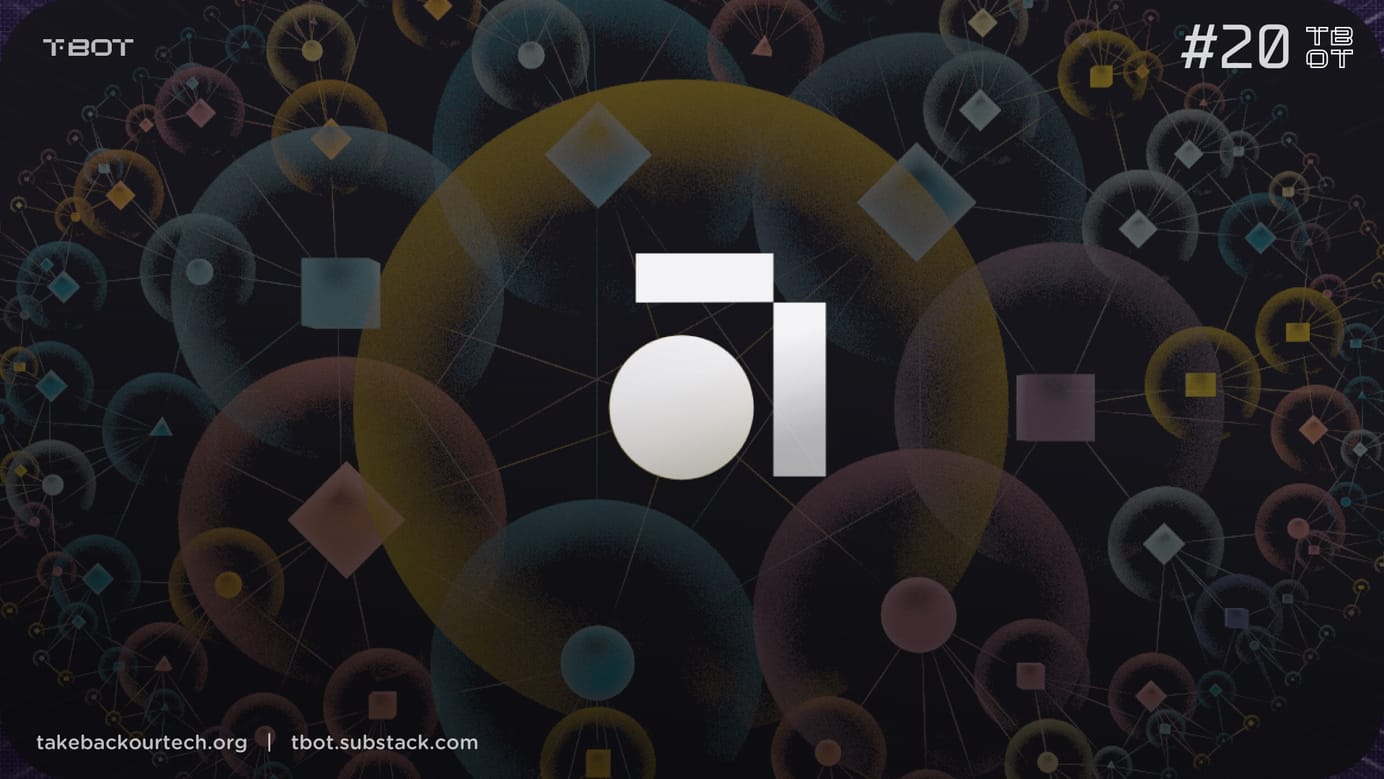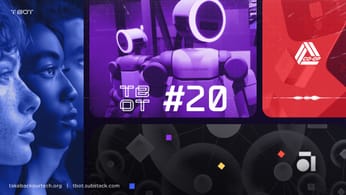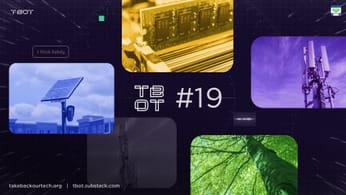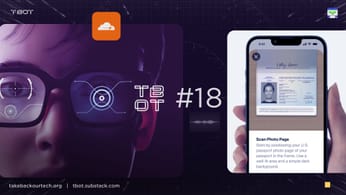
Why Your Word Document Never Migrates Correctly
Shots have been fired in the battle over document standards.
LibreOffice, the popular open-source office suite, called out Microsoft in a recent blog post, claiming Microsoft’s proprietary formats lock people into the MS ecosystem. With countries like Finland and Germany shifting from MS, LibreOffice has released guidance on migrating to the Open Document Format (ODF).
Known as OOXML, Microsoft’s proprietary format contains rules for files across its entire suite, including spreadsheets, charts, presentations, and word processors. Although both Microsoft and LibreOffice’s formats use the same markup language, XML, Microsoft has over-engineered its specification over the years.
The specification for OOXML is 6,000 pages long—a mammoth task for third-party developers to implement. OOXML is loaded with optional elements and attempts to be backwards compatible with Microsoft Office versions spanning over decades.
A Standard Pain
This pain became apparent when Microsoft attempted to standardize the OOXML format in 2006 with the ISO standards body.
Why bother to standardize? Governments were beginning to require it, and the EU asked Microsoft to standardize their Office 2003 XML formats prior to granting them government contracts.
At that time, ODF (Open Document Format), developed by Sun Microsystems, had already been standardized. ODF was being used in OpenOffice and LibreOffice. The ODF specification is only 867 pages long.
Microsoft could have accepted the ODF, but instead they strong-armed the OOXML as a standard, resulting in heavy opposition.
To be standardized, 80% of the voting body (consisting of international and regional standards bodies) has to approve. This process was not without controversy. Microsoft was accused of bribing voting officials, using its influence to change voting representatives regionally, and sending misinformation to voters.
In the end, they managed to get OOXML standardized.
All to the despair of standards reviewers who made 3,500 comments as they pored over the 6,000 pages. It was estimated that a full review would take a staggering 18 years.
Twenty years later we’ve come full circle, as governments—mainly in the EU—are ditching Microsoft in favor of open ecosystems.
Denmark confirmed that half of the Ministry of Digitalization is switching from Microsoft Office to LibreOffice in July. This, along with two of the country’s largest cities that are abandoning Microsoft software altogether.
The German state of Schleswig-Holstein also plans to phase out Microsoft software from government workplaces and shift to Linux.
If countries are starting to shift to Linux, we sense this could drive more support and resources to the ecosystem and make it more accessible for regular users.
Open Source and the UN
Unfortunately, we do see the UN beginning to infiltrate these communities. As Lunduke reported, many open-source foundations, such as The Document Foundation (which develops LibreOffice), have met with the UN and have pledged to uphold UN open-source principles.
Principle number eight reads: Supporting the development of solutions that meet the evolving needs of the UN system and beyond.
Because these meetings are private, we can only guess what they are involved in. If it involves supporting the UN’s Sustainable Development Goals, which chisel away individual rights for ‘the greater good,’ then we may not be able to count on these organizations forever. It’s unclear what impact this relationship with the UN may have on the software. Moving forward, we must keep a close eye on any organization that is making private agreements.
What office suite to use?
The most popular office suite on Linux is LibreOffice, which uses the ODF format. It is available to install on any device.
Alternatively, you can use OnlyOffice, which is open-source licensed as AGPL. The major difference is that OnlyOffice uses OOXML by default, making it interface well with Microsoft users. It is also possible to save as ODF formats.
OnlyOffice comes pre-installed on Above Book, our cutting-edge Linux laptop that’s easy to use right out of the box.
This is a segment from #TBOT Show Episode 11. Watch the full episode here!

Finally, a laptop that respects your privacy and your freedom of choice.
✅ Modern reliable hardware.
✅ A cutting-edge Linux OS that's actually easy to use.
✅ Access to more software than ever before.
❌ And best of all, no big tech tracking!
Take Back Our Tech Newsletter
Join the newsletter to receive the latest updates in your inbox.





